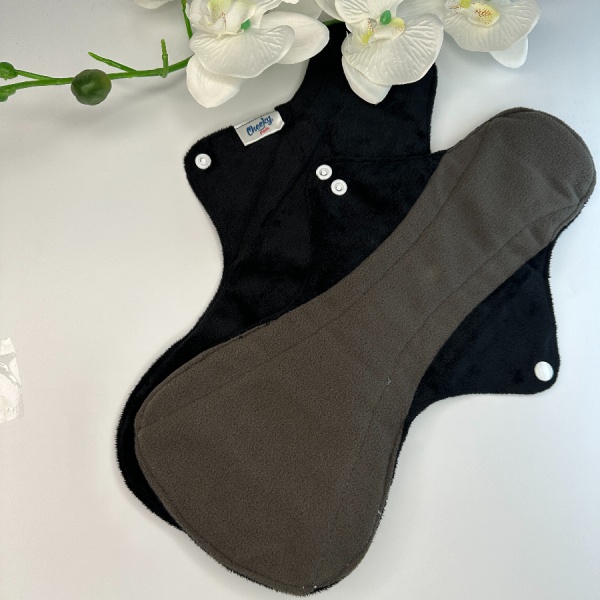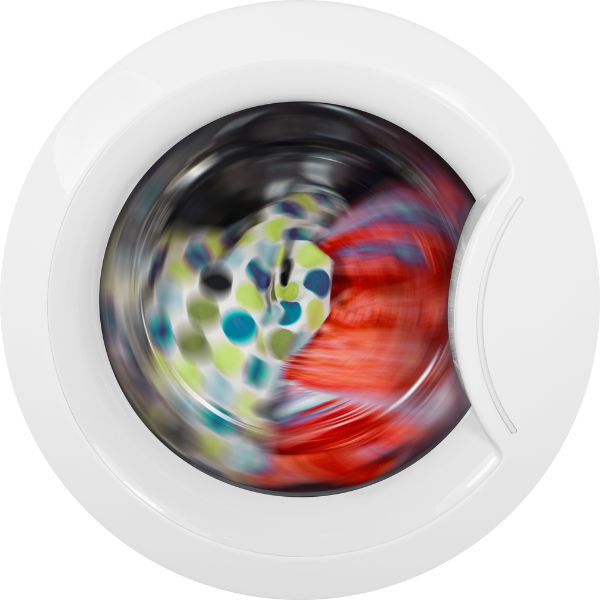How Do I Keep a Newborn Awake While Breastfeeding?
If you're new to breastfeeding, it's normal for it to be a bit tricky to start with and people often wonder if they're getting it 'right'.
As an experienced midwife and mother of two young boys, I'm here to help, by answering some questions that come up time and time again. I've also asked Nelly, the Rise Midwives breastfeeding consultant to help.
Before answering this question, it may be helpful to understand why the baby falls asleep at the breast instead of feeding.
Is he too full from the last feed, and is it not the right time to be fed? Is she preterm? Is he clinically well? So it may be helpful to seek support from a lactation consultant or healthcare professionals.
This said, here's a list of things you can try to keep a newborn awake while breastfeeding:
- Breastfeed with skin-to-skin contact with your baby
- Change their nappy. They don't usually like to be undressed, and that's very helpful
- Stroke their feet, their hands or their cheeks to keep them going • Blow gently on their faces
- Switch nursing breast: keep moving your baby from one breast to the other every time they stop sucking
- Breast Compression: Gently compressing the breast can increase the flow of milk, encouraging the baby to suck more actively and stay awake.”
Connection with your baby and trust are vital!
The normal feeding pattern has moments of sucking and pausing and swallowing and rest. We also have to remember that babies have their own personalities, and some are slower than others when they feed.
Have you checked on your expectation on how fast/ how long/ your baby should be feeding?
Breastfeeding is so handy. Once you get the grip, you will learn to feed in all the positions and situations, but the early days are slow; gentleness and patience are so much needed both with yourself and with your baby.
Be kind to your amazing body, and know that you and your baby are doing your very best TOGETHER.

How do you use a nursing pillow for breastfeeding?
I must admit I'm not a big fan of the nursing pillows, as they can mislead the latch, making it shallow. In my practice, I usually suggest using the pillow after achieving a pain-free and deep latch. One of the most common mistakes with the pillow is to leave the baby on it and lean over with the breast.
Here's how to use a nursing pillow for breastfeeding:
- bring the baby to your breast, lifting and supporting the baby's body and head
- once a good latch has been achieved, use the pillow to support baby’s weight and relax your arms and wrists a bit
We are led to believe that we need things to make things work.
The fourth trimester involves a lot of adjustments and integrations. Sometimes, the weight of expectations of how things should go might feel overwhelming, so it would be more useful to direct financial resources into services rather than products.
What's going to make your life easier? If it’s a nursing pillow, go for it.

When does breastfeeding get easier?
Overall, women say that breastfeeding starts to get easier around 6 weeks when you often turn the corner.
However the real answer to this question is another question: “What is it making it difficult?" Is there anything in particular you're struggling with? For instance, sore and/or cracked nipples, engorgement or mastitis, very long and endless feeds, lack of sleep, lack of time for yourself or your partner, etc etc.
My recommendation is to seek help and support if you're struggling. Understanding the cause can also help to find a solution.
Seek help if you need it, every baby and breastfeeding journey is unique and might need support that is crafted especially for you.
It’s important to highlight that a new baby doesn’t only need milk as in “food”
One of the most important needs of a baby is also connection and closeness and feeling safe and secure. You are their safe place and they will want to spend a LOT of time very close to you.
Fathers might feel left out during this time so its good to know that they can help in many other ways, and this might be go on for quite a while. Partner and people always want to help with the baby, hold the baby, take the baby,… but we have to learn that holding the mother is so much more needed!
I always say “Dad can feed Mum so she can feed the baby”
Breastfeeding extends beyond meeting physical and emotional needs; it teaches the foundation of relationships, love, and respect. When you provide for your baby’s needs, you affirm their worth. The way you respond to your baby teaches them about trust, serving as role models.
Nobody is more of an expert on your baby than you. You are learning how to be a mother to this particular, unique, and wonderful human being. It takes some time, as it would take for any other relationship.
Breastfeeding will feed your baby in so many ways and so many levels and that is such a gift, but most importantly it will teach you the language of love, respect and surrender.
Bestselling New Mum Essentials:
We hope you enjoyed this article, please look out for our next one which will also be from the fabulous Rise Midwives. You may also be interested in our previous articles:
About the author: Virginia and Nelly are the heart of Rise Midwives; they believe in family-centred, compassionate midwifery care for every family. Wanting to provide holistic continuity of care, they became independent midwives, guiding families towards an empowering pregnancy and birth experience that fosters trust in their instincts and innate abilities as parents.
Their intention is to support the journey for pregnancy, birth and postnatal time with wisdom, evidence-based skills, respect, empathy, and a non-judgmental mindset. They bring different skills and energy to their care, and they are both experienced home birth midwives with 25 years of experience together.
Virginia is a mum of two young boys, born at home and still breastfeeding one of them. She is passionate about sacred feminine wisdom, placenta medicine and rituals; she is a birth physiology nerd and a strong believer in working authentically in alignment with her truth.
Nelly’s passion is breastfeeding, and she is a qualified IBCLC and tongue tie specialist. She has a special interest in perineal and menstrual health. She is an advocate for birth rights and true informed choices.
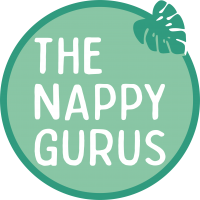
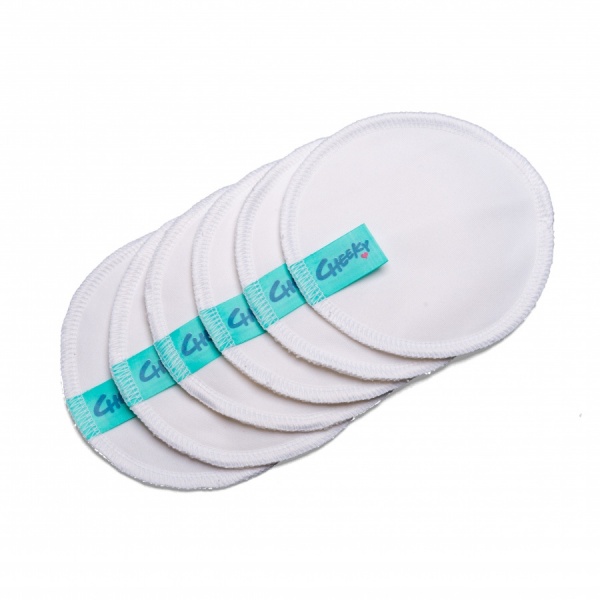
.jpg)
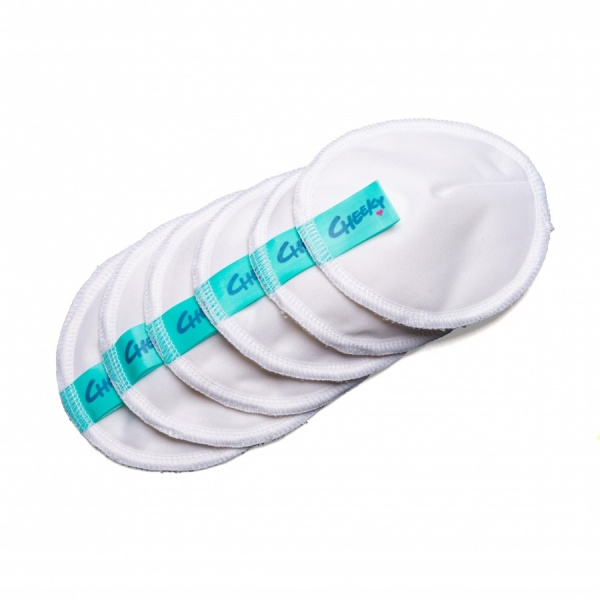
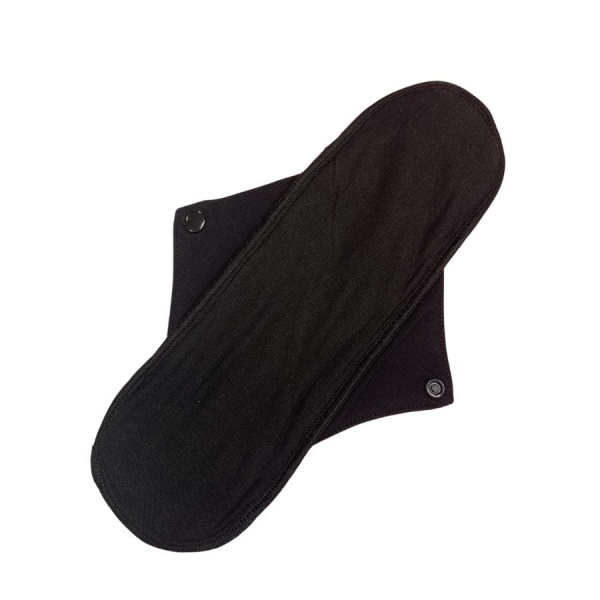
.jpg)
